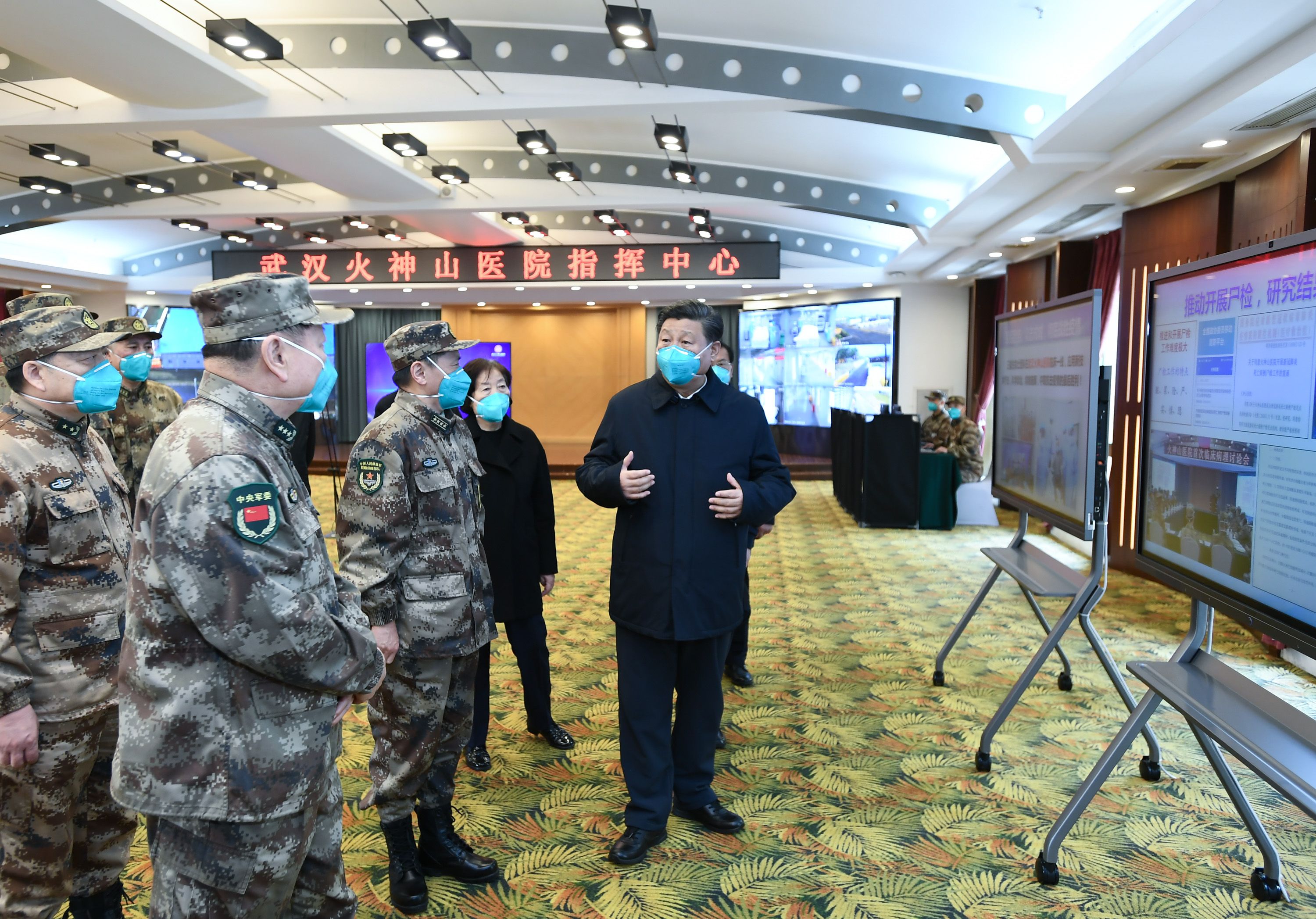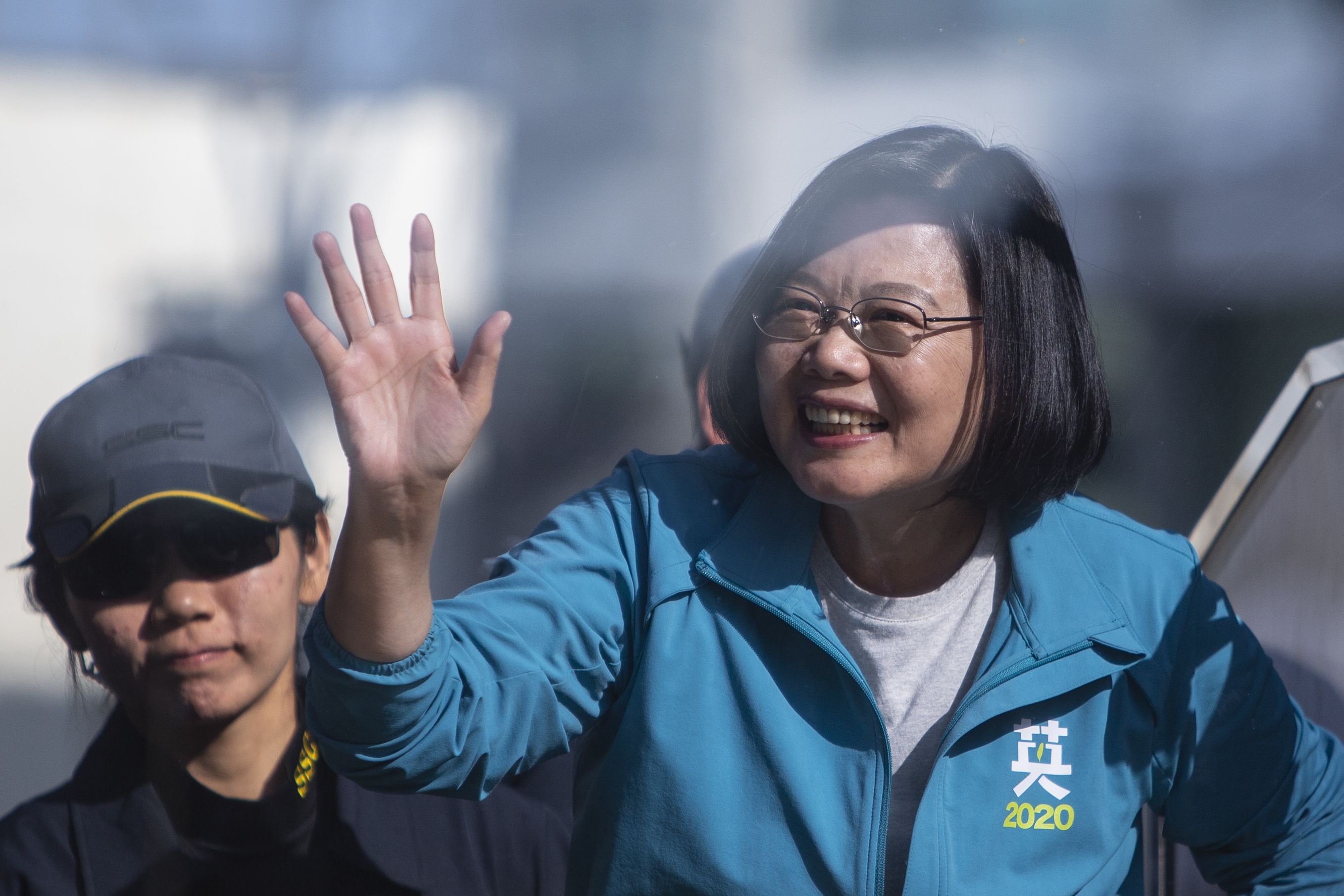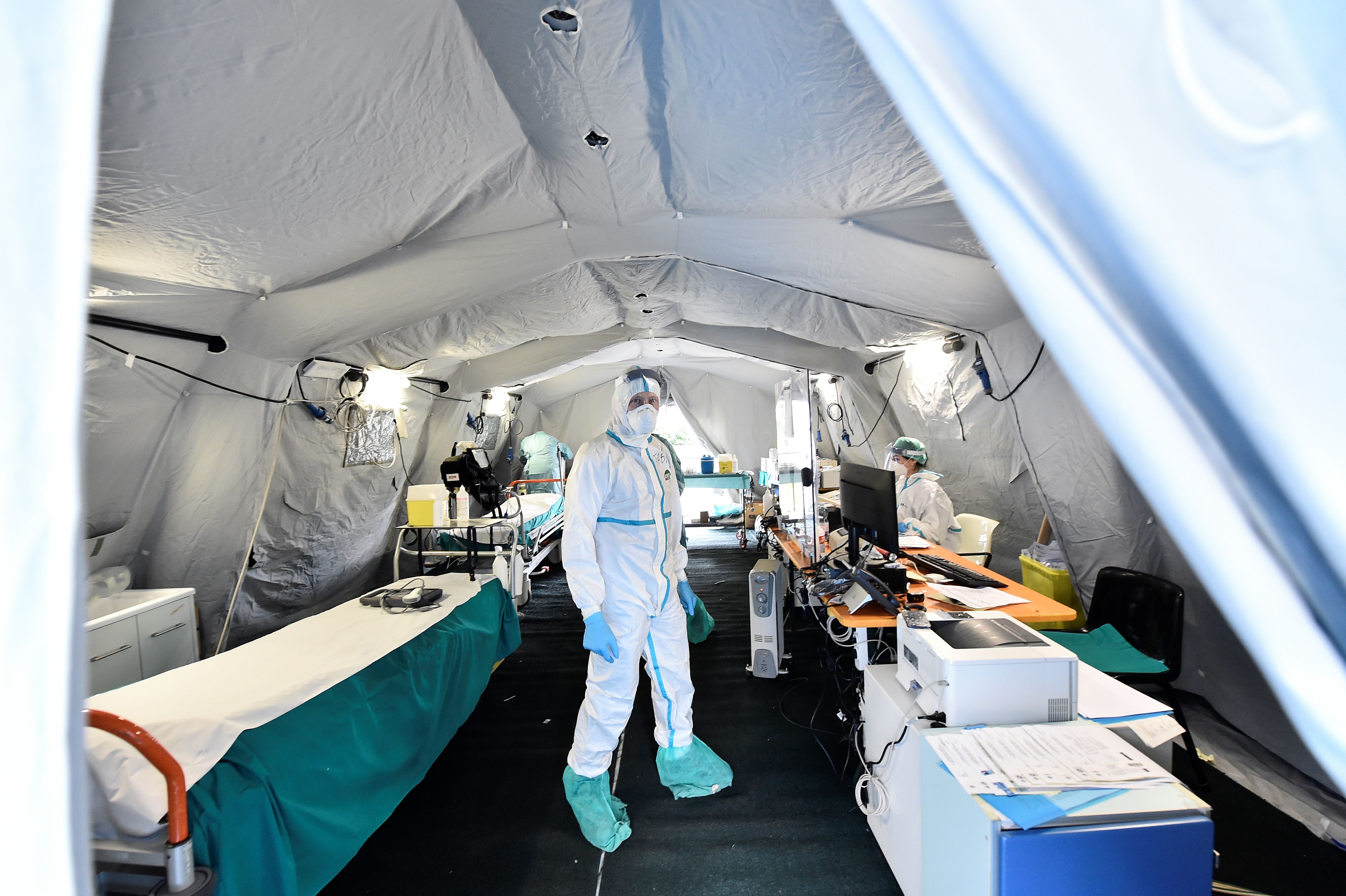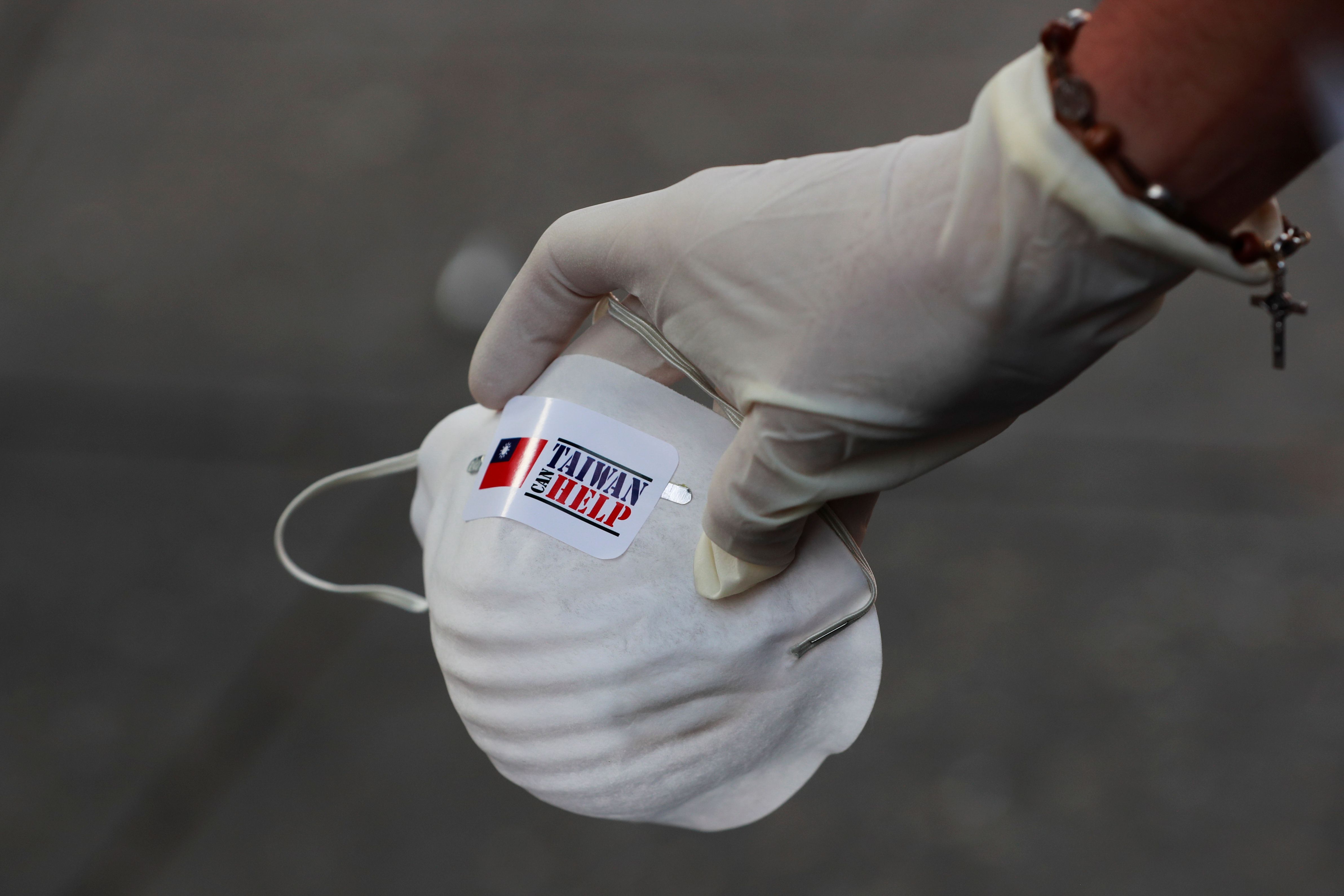COVID-19: How It Affects China’s Internal Situation and Foreign Policy

Official Chinese data indicate that of the more than 80,000 COVID-19 patients reported in China, just over 70,000 have recovered. Authorities also say that there are no local infections in Wuhan, where the coronavirus is thought to have originated. The authorities have also removed some restrictions on movement and transport to mitigate economic losses. They claim that 95% of the previous production capacities have already been resumed in some sectors. At the same time, the authorities have launched a propaganda campaign at home and abroad emphasizing Xi’s role in fighting the virus and the will to exchange China’s experience with other countries.
Political Significance
The pandemic has threatened Xi’s position as the leader of China. At the beginning of the outbreak, his public absence was seen by some in the party as a sign of a leader who could not cope with the crisis. This is how some read the lack of a Xi visit to Wuhan after the crisis began (he visited the city only later, on 10 March), plus his absence from public for several days and the cancellation of the Two Sessions for the first time since the 1970s. The Chinese populace, aware of the authorities’ negligence, expressed their dissatisfaction on social media, as exemplified by several million entries after the death of Dr. Li Wenliang on 7 February. In December 2019, Li tried to report the emergence of a new virus but was blocked by the local authorities. It was only after the increase in morbidity and public criticism that the authorities admitted their mistake. The inhabitants of Hubei province especially—because they were the most affected by the disease—speculated that the indolence of officials who, either on their own or at the request of the central authorities, did not respond appropriately to the first cases of the illness.
To calm the public, the central authorities dismissed some local officials. The former deputy head of police in Zhejiang Province, Ying Yong, became the head of the CCP in Hubei. Xi sent a special envoy to Hubei, Chen Yixin, head of the Central Political and Legal Affairs Commission in the CCP Central Committee (responsible for overseeing the justice and security apparatus), and until 2018, among others, head of the party in Wuhan. The secretary of the CCP in the city become Wang Zhonglin, an officer in the security apparatus of Shandong Province for many years. Social control has been strengthened throughout China, forcing, inter alia, the installation of tracking applications on devices, e.g., tracing the movement of people and their activity on social media. Influential scientists (e.g., Xu Zhangrun) and entrepreneurs (e.g., Ren Zhiqiang) who had publicly criticised the authorities were put under house arrest or taken to prison. Such actions in conjunction with the extinguishment of the outbreak and the propaganda campaign touting Xi’s efforts have strengthened his political position.
Economic Significance
The pandemic has harmed the Chinese economy. Even official Chinese data (usually not reliable because it is often manipulated by the authorities) show large drops in the value of industrial production (13.5%) and trade in services (13%) in January and February this year compared to the same period in 2019. Exports fell by more than 17% and imports by 4%. In the first quarter of 2020, no international trade fair events took place in China. The situation of employees, especially labour migrants, has deteriorated. Small and medium-sized Chinese companies, which generate the majority of GDP, do not have much savings and are experiencing problems with financial liquidity. Access to loans is difficult and most of them use shadow banking. Demands have already appeared in Guangzhou and elsewhere for deferral of rents for commercial premises.
Foreign Relations
China is using its efforts to counter COVID-19 in its foreign policy. The pandemic has become another element of the U.S.-China rivalry. The PRC accused the U.S. of politicizing the pandemic, citing President Donald Trump’s and Secretary Mike Pompeo’s frequent use of the expression “Chinese virus” instead of the scientific terms. China’s Foreign Ministry also suggested that the U.S. was responsible by importing the virus to China, a claim for which it promptly came under criticism and quickly began to withdraw from it.
The pandemic has revealed China’s growing influence in international organisations. The Chinese authorities have used good relations with the World Health Organisation (e.g., by financing WHO medical programmes) to highlight China’s merits in the fight against the virus and to silence criticism over the authorities’ slow response in December 2019. Despite the pandemic and increased international pressure to allow Taiwan to cooperate with the WHO, China continues to block the island’s involvement.
With Europe dealing with a very difficult situation, China is trying to create an image of itself as “the country that first defeated the disease”. It offers—commercially or in the form of donations—medical equipment to other countries. According to Chinese data, such equipment will go to 82 countries, including Italy, Spain, Poland, Serbia, and the Czech Re Recent state-level visits to Beijing also serve to highlight China’s role in fighting the virus, including trips by the presidents of Mongolia and Pakistan. These activities are intended to show the international community and Chinese society that the authorities have not only taken the right steps but are also appreciated abroad, contrasting it with reactions to leaders in the EU or the U.S. In relations with the European Union, however, these efforts may backfire as some of the equipment delivered to, for example, the Netherlands and Spain, proved to be defective.
Perspectives
It is uncertain whether the outbreak in China is over. The information about no new cases of local infection is not reliable and the authorities’ triumphalism should be read mainly as an attempt to maintain the image of a “victorious China”, both in the fight against the virus and in counteracting the economic crisis. The cancellation by Chinese authorities of visas for foreigners (from 28 March) also suggests that China fears a possible increase in cases coming from abroad. There are already instances of hostility and resentment in daily contact between Chinese and foreigners.
To restore GDP growth—now expected to fall to below 2% in 2020 because of the pandemic—the authorities will focus mainly on financing investments through stimulus and stabilisation packages. As a result, Xi’s programme for 2017, which implied moving away from the GDP growth priority, will be discontinued. Although the authorities are currently announcing an economic rebound, much of the information about the resumption of production is difficult to verify. Stimulus programmes and subsidies will increase the already high debt of the state, provinces, and private entities. A subsequent crisis could, for example, lead to a spiral of bankruptcies, withdrawal of capital from the market, and chaos in the Chinese financial market.
The likely recession in the EU and the U.S.—China’s most important trading partners—is an additional risk factor. EU producers wanting to reduce dependence on a single supply source may reduce their presence in China or withdraw from it. This applies to companies that make medicines and others and may also translate into less willingness to work with Huawei on 5G development. However, Chinese investors will try to take advantage of the decline in the value of foreign companies (including those from the EU) to acquire them. Difficulties associated with the financing of infrastructure projects by countries in or near the EU, such as the Balkans, may be where China can promote its Belt and Road Initiative. The economic problems may also mean the Chinese GDP per capita will not double between 2010 and 2020, which has been one of Xi’s key political goals.
The likelihood of an economic crisis, combined with unfulfilled promises, will prove false the thesis that the party is efficiently managing the state. To push off responsibility, the party will have to find scapegoats, whose dismissal might convince the public that the party was right and that the individuals had been mistaken. This may include, for example, Deputy Prime Ministers Hu Chunhua, responsible for the economy, and Sun Chunlan, dealing with health, and even Prime Minister Li Keqiang, head of the special working group on combating COVID-19. Due to Xi’s centralisation of power, his resignation is impossible. At the same time, it means that he alone has the responsibility for problems in the country. Therefore, in the event the situation deteriorates or opposition builds up within the party, it cannot be ruled out that Xi will not (or will be forced not to) accept a third term as president of China in 2023.





